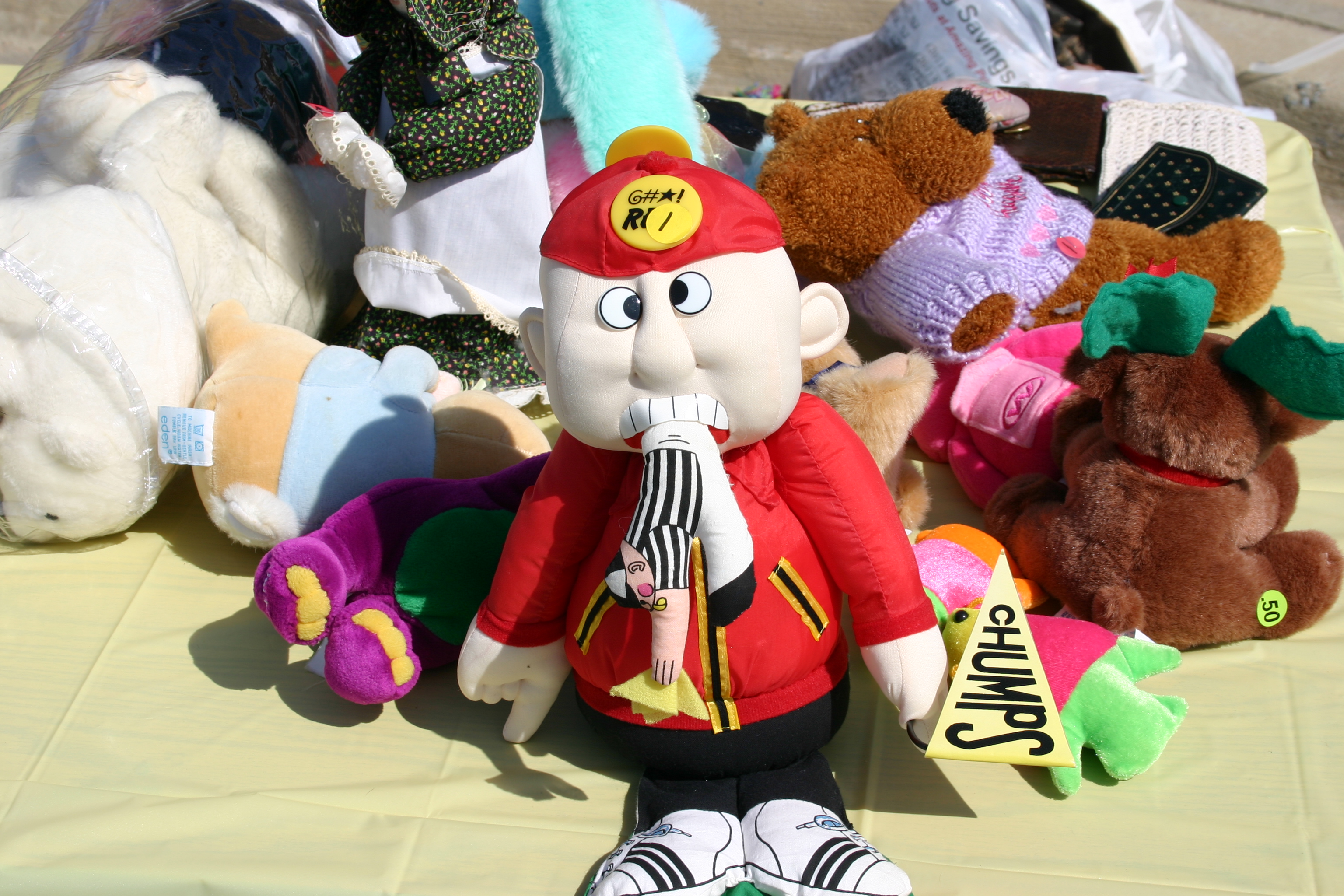Earlier today, the New York Times officially dismissed reporter Judith Miller. In a to-the-point, bare-most-of-the-facts story, Times reporter Katharine Seelye writes of her colleague’s departure. While the Times and Miller “reached an agreement yesterday that ended her 28-year career,” it was a dismissal, as far as I’m concerned. The story carries tomorrow’s dateline.
I cheered for Miller when during summer she went to jail rather than give up a source. But since, oddities emerged about her involvement in the CIA leak case, her real reasons for going to jail, and her eventual testimony before a grand jury.
Wall Street Journal reporter Joe Hagan explains Judith’s unraveling in a story posted today: “The Times began to distance itself from Ms. Miller after the particulars of her conversations with Mr. Libby were revealed in a first-person account of her testimony and in an independently reported piece published in the Times”.
Executive Editor Bill Keller “sent a memo to the staff of the newspaper expressing regret at the paper’s handling of Ms. Miller’s case…he said the paper didn’t properly scrutinize Ms. Miller’s involvement in the leak case before deciding to support her cause”.
On the one hand, the Times hasn’t adequately managed all its reporters. Miller joins other Times reporters whose conduct overstepped journalistic ethical or good judgmental boundaries. On the other hand, the Times ended up a victim here, with more shame added to its names. Another reporter might have made a more graceful and dignified exit, and one less public, too. Perhaps the best summation is the Journal’s headline: “Miller Retires From Times, But Not Quietly.” After all, she worked at the newspaper for 28 years and hugely benefitted from the exposure. Surely, she could have chosen a more dignified departure.
I find the way she left to be the most troubling part of this story, and it’s a “tell” that raises even more questions about earlier conduct. Protecting a source is a good reason for a journalist not to testify before a grand jury and to go to jail for it. But, looked at differently, incarceration could delay testifying about something else desired to be kept secret.
Miller’s reasons are uncertain to me. I do question her journalistic character for the way she left the Times and the way she will likely profit from the whole affair. Would it be good journalistic character if by her profiting that the Times’ reputation is further tarnished? No answer is necessary.
